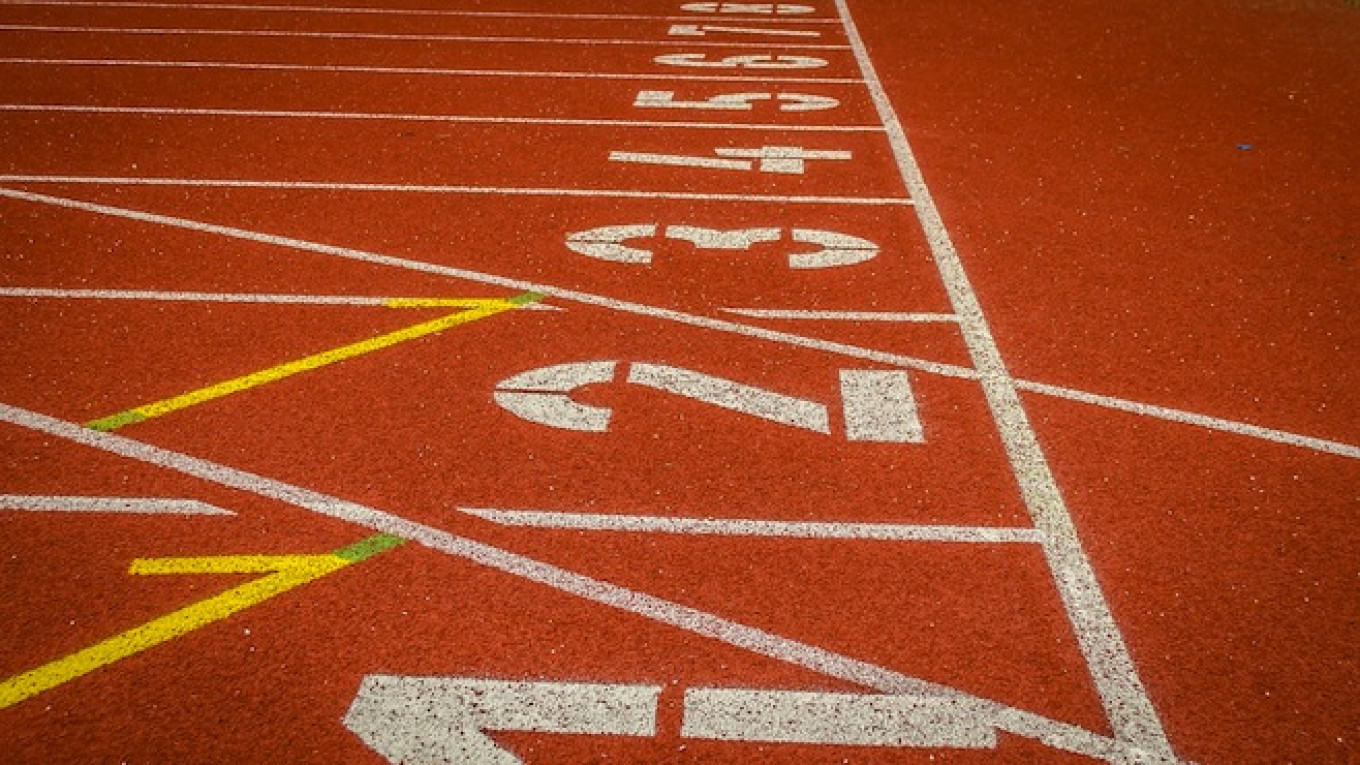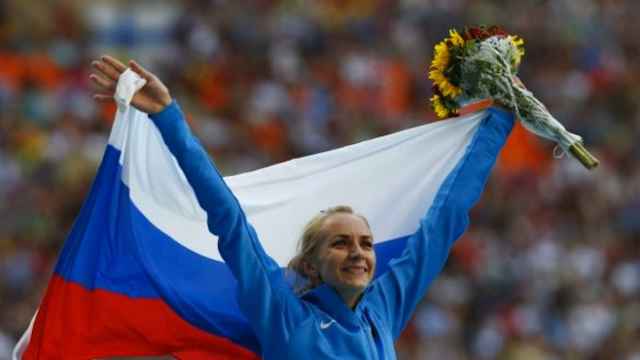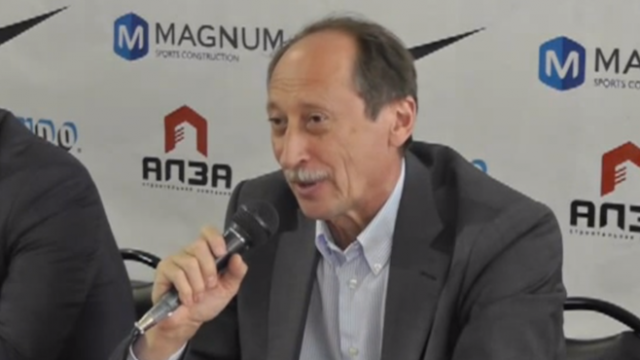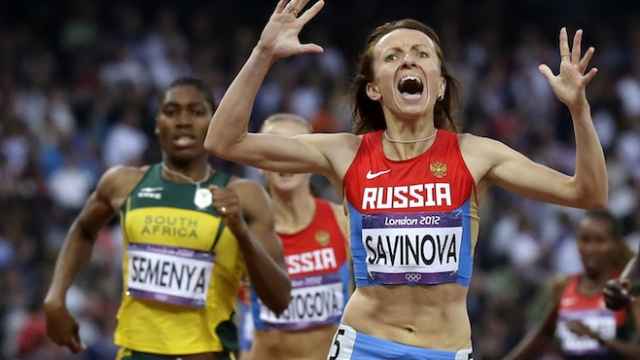STOCKHOLM — World Anti-Doping Authority (WADA) vice-chairman Arne Ljungqvist says the credibility of elite sport is in danger of being lost altogether if it does not deal with a historic acceptance of doping in some quarters.
Ljungqvist was speaking in the wake of a recent German television documentary alleging systematic doping and cover-ups among Russian track and field athletes, and said that such reports had not surprised him in the slightest.
"I'm not surprised by anything any more," Ljungqvist said in a telephone interview from his office at the Swedish Sports Confederation. "But I evaluate what I hear, and this is something I recognize from before."
"We have seen this before, and I know the people who made the documentary well. They usually have a good foundation before they go out with these kinds of things."
Ljungqvist said that he had not seen the documentary, entitled "Secret Doping Dossier: How Russia Produces Its Winners" and broadcast by ZDF/ARD at the beginning of December, but that the allegations within it followed a familiar pattern.
"I remember when I was medical officer for the IOC (International Olympic Committee) and the anti-doping efforts before the Beijing Olympics."
"I had identified a number of Russian women who had in some way 'dribbled' with doping questions and tests. They were suspended and never got to Beijing," he said.
"I held a press conference on the subject where I stated that it smelled of organized doping, so it's nothing new," he recalled of the run-up to the 2008 Olympic Games.
"The following year there was a similar story with Russian biathletes suspended before a world championship in Pyeongchang in South Korea."
Since competing in the high jump for Sweden at the 1952 Olympics the 83-year-old has spent almost half his life battling doping, holding positions in WADA, the International Association of Athletics Federations (IAAF) and the IOC.
The IAAF, WADA and Russian anti-doping agency RUSADA have all said they will investigate the claims contained in the documentary, but the film was described as lies by Russia's athletics federation president Valentin Balakhnichev.
Ljungqvist believes that the problems outlined in the film stem from a historic habit of doping that existed before the fall of the Iron Curtain in the late 1980s.
"My feeling is that cultures remain in the old so-called Eastern Bloc, and we have seen that at the big international exercises," he said.
"There are a number of cases that have arisen, Belarus among others, that have had doped athletes, so there is an amount that needs to be corrected.
"But we shouldn't forget that the Russians themselves have disqualified countless athletes in recent years for doping."
Asked what could be done to cure the scourge of drug cheats, Ljungqvist said that sport was almost unique in the way that it brought together governing bodies and governments to combat doping, and that this co-operation must continue, not least in Russia.
"There is strong action needed, both from the international organizations and the Russians, to deal with a culture that still exists in part from a previous time."
If not, Ljungqvist believes, doping could spell the end for the global reputation of elite sport.
"If we do not effectively fight against doping, then the situation for the credibility of sport is bad," he said.
"The biggest danger is that recruitment to elite sport will be damaged. That one must be a drug abuser and put ones health in danger to compete is not possible to accept.
"The risk is that elite sport itself will die."
A Message from The Moscow Times:
Dear readers,
We are facing unprecedented challenges. Russia's Prosecutor General's Office has designated The Moscow Times as an "undesirable" organization, criminalizing our work and putting our staff at risk of prosecution. This follows our earlier unjust labeling as a "foreign agent."
These actions are direct attempts to silence independent journalism in Russia. The authorities claim our work "discredits the decisions of the Russian leadership." We see things differently: we strive to provide accurate, unbiased reporting on Russia.
We, the journalists of The Moscow Times, refuse to be silenced. But to continue our work, we need your help.
Your support, no matter how small, makes a world of difference. If you can, please support us monthly starting from just $2. It's quick to set up, and every contribution makes a significant impact.
By supporting The Moscow Times, you're defending open, independent journalism in the face of repression. Thank you for standing with us.
Remind me later.






